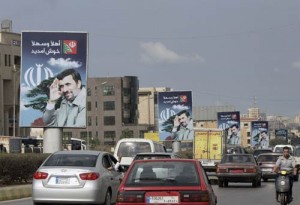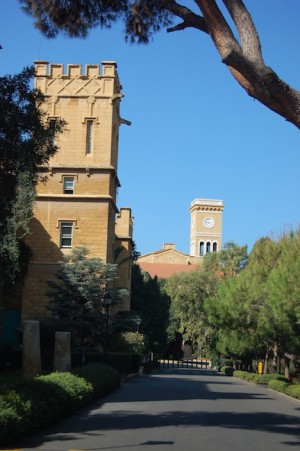 By Lucy Fielder in Beirut
By Lucy Fielder in Beirut
Newcomers are often stunned by the welcome they receive in a city synonymous with civil war.
“People never believe me, but I feel safer walking around in Beirut at 2am than I would in London,” says Barry Brand, head of art for the Middle East and North Africa for M&C Saatchi. “It’s a genuinely friendly place to live and work.”
With its openness and mix of religions, Lebanon is perhaps the Arab country that least induces culture shock and is the easiest to settle in. Lebanese and expats mingle, frequenting the same places and living in the same areas.
Weekends are Saturday and Sunday, with a fading custom of working half a day on the former. Women are a dynamic part of the workforce, especially compared with more conservative countries.

Educated professionals often speak English and French along with Arabic – sometimes in the same sentence – so there are few barriers in senior jobs.
But some things still take getting used to. Lebanon has enjoyed two years of calm and crime is low, but instability is a risk and a necessary consideration.
War and corruption devastated infrastructure. Internet connections are sluggish, phone bills expensive for poor service and electricity cuts a daily headache. Major firms mitigate these problems, but they frustrate Mr Brand.
Work practices are varied. Anthony Ussher, head of e-banking at Credit Libanais, says managing people requires humour, flexibility and energy to deal with creative approaches to punctuality and deadlines.
A hierarchical management structure reliant on what one source describes as “a lot of big stick, very little carrot” can also de-motivate workforces.
Family values rule, while nepotism and cronyism are endemic and can limit upward mobility, though the culture varies between businesses. Lebanon is in flux between global practice and older ways, but resistance to change can run deep.
Lebanon’s beauty, vibrant culture, ease of integration and the lifestyle available to those on a good salary are strong draws but the pool of posts has shrunk since the post-war reconstruction years. Home-grown graduates can fill most places. Aside from diplomatic and NGO employees, most skilled foreigners work in construction, architecture or engineering. FT

Leave a Reply
You must be logged in to post a comment.